If your plants are starting to show twisted, stunted growth and you're not sure why, you may be killing them with kindness.
For many years, the idea of adding manure or compost to your garden has been widely considered a good thing to do. It adds organic matter to the soil, and adds valuable biology and nutrients to your garden. Sounds great right?
What you may not be aware of, however, is that manure can be laced with compounds and chemicals which will kill your garden. These chemicals come from herbicide residue that has passed through the livestock's digestive system and persists in their manure. These are known as persistent herbicides, and there are four main active ingredients to be aware of: clopyralid, aminopyralid, aminocyclopyrachlor, and picloram. Sprays with these ingredients are often used to control broad leaf weeds in pastures such as thistles, dock and others and require prolonged exposure to sunlight, water, heat and soil micro-organisms to break down into less harmful substances.
Unless conditions are perfect, trace amounts of these chemicals can persist in the soil for a very long time. When exposed to the right conditions, these compounds can break down in around 30 days, however these compounds have been detected after 18 months in some cases when conditions are not right to break down these harmful herbicides.
As an example of how sensitive your garden can be to these chemicals. clopyralid has been known to impact plants at 3 parts per billion in soil! This is a tiny amount; while your local source of horse manure may not use these sprays, their feed supplier might or wind drift from a neighbour spraying may cause contamination of feed stock and before you know it your garden is suffering and you don't know why.
Common symptoms of persistent herbicide damage in soil are:
- Curled, twisted or cupped leaves
- Stunted, or sparse growth
- Reduced yields
What can we do to solve this growing problem?
Check your own herbicides for these active ingredients and avoid using them. Avoid adding manure from un-trusted and un-tested sources to your garden. Know where you are sourcing your compost from and what goes into it.
At Little Buddies, we are seeking to test every batch of vermicast that we harvest, so you can be confident knowing that you are using the best products available.
Batches that show these trace elements in them can still be applied to some gardens and plants without harm. We recommend, however, that this vermicast be applied to pastures; the resulting exposure to sunlight and water will assist in breaking any persistent herbicides down for the next trip around the nutrient cycle.



